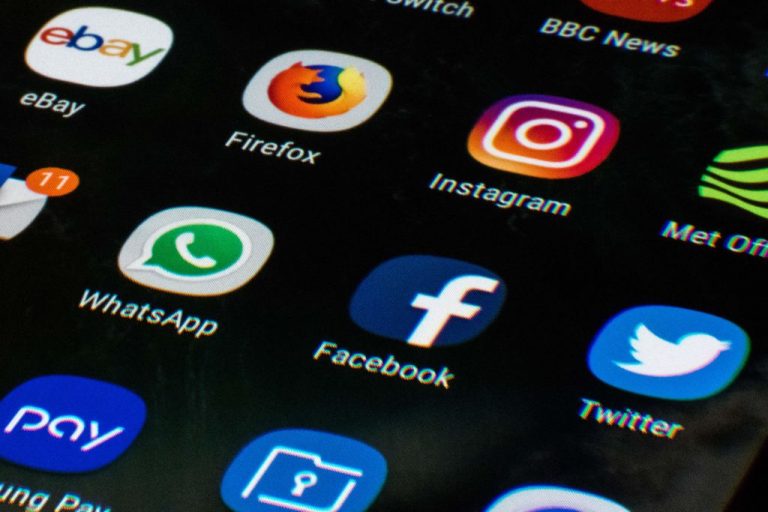The FBI has purchased $27 million worth of licenses for Babel X, a tracking tool from a Virginia-based data broker to “gather information” of social media users across multiple platforms.
However, the agency claims that it only collects data that is already in the public eye, and won’t go beyond password-protected security barriers. Critics nonetheless fear the tool will become another step in government overreach and infringement on personal privacy.
In a procurement ad for the assignment of the job, the Bureau said it was looking for vendors who could provide a tool that could harvest data from a wide range of platforms in several languages, reported FedScoop on April 5.
Ideally, “The tool shall be able to gather information from the following mandatory online and social media data sources: Twitter, Facebook, Instagram, YouTube, LinkedIn, Deep/Dark Web, VK, and Telegram,” procurement documents stated.
Meanwhile, the FBI sought additional access to other less mainstream social media and “additional fringe platforms, and other encrypted messaging platforms,” such as Snapchat, TikTok, Reddit, 8Kun, Gab, Parler, ask.FM, Weibo, and Discord.
An old acquaintance
Success
You are now signed up for our newsletter
Success
Check your email to complete sign up
Babel Street CEO Jeffrey Chapman, an old acquaintance of the Feds who Reclaim The Net (RTN) says is a former Treasury Department and intelligence officer, snatched the contract for the Babel X tool at an aggregate $5,400 per license.
Babel X isn’t Babel Street’s only tool, RTN stated. In 2020, the company hawked a data mining tool named Locate X to Homeland Security, the Department of Defense, and the Secret Service.
The outlet stated that Locate X aimed at popular phone apps that used mapping and targeted ad faculties for dragnet surveillance techniques based on the digital fence protocol to collect real-time location data anonymously from a vast amount of consumers.
READ MORE:
- Massie Outraged After Judiciary Committee Rejects Amendment Protecting Vaccine Dissenters
- Google Bans Android Apps Found Secretly Harvesting Location, Email, Phone Number Data
- Federal Agencies Bought Harvested Location Data From Dating and Prayer App Broker
- 100 German Homes Raided Over Internet Criticism of Government Officials
“It’s both per year the biggest I’m aware of in terms of obligation, and it’s also the fact that it’s a five-year contract,” Jack Poulson of Tech Inquiry, a research advocacy group, told The Washington Post. “So if you combine those two things, it’s the biggest Babel Street contract I’m aware of.”
Government overreach
Many influencers fear the deal is yet another overzealous attempt from the government to fortify its headlock on the populace while regarding each citizen as a potential domestic terrorist.
However, the FBI brushes off any such allegations. When FedScoop sought comment, the agency responded, “The FBI uses social media tools to search publicly available information pertinent to predicated investigations in order to identify and respond to threats of violence, acts of terrorism, and potential federal violations within the scope of the FBI’s mission.”
To other observers, such as Greg Nojeim, a senior counsel and co-director at the Center for Democracy and Technology’s Security and Surveillance Project, the purchase harbors a potential threat to public safety.
“Five-thousand licenses for social media monitoring in real-time means that thousands of FBI agents will be looking for keywords and topics on an ongoing basis with social media surveillance targeting at least eight languages,” Nojeim told The Washington Post.
“The risk of misinterpretation is high,” Nojeim said. “So is the risk that an FBI agent who misinterpreted what you said on social media will come knocking on your door.”
“It turns out that people dismissed as paranoid because they thought Big Brother was watching everything they say on social media were not paranoid after all,” he added.
“The government also wants the ability to predict the future based on social media posts — not only is this impossible, in all likelihood it will risk further bias and harm against the same people that the government has historically mislabeled as suspicious, including movement leaders, immigrants and members of religious and ethnic minorities,” Nojeim said.
















